Gateway Research Experiences
Who is eligible to participate?
- citizens and permanent residents of the US or its possessions
- rising second-year (sophomore) students when project begins; rising third-year students may also apply, but have lower priority
- students with demonstrated interest in science and enrolled at an institution with bachelor’s degree programs
As a Keck Gateway research participant, you will be awarded:
- transportation to the project home institution
- transportation, housing, and meals during the summer project
- support for research expenses and analytical costs
- funding for travel, housing and meals to co-present your results with other project members at a professional meeting
- a $3,000 fellowship for your participation in the five-week summer research project; dispersed at end of summer program
Expectations of Keck Gateway research participants:
- hard-working, intellectually curious, and passionate about science
- able to work as part of a team
- contribute to a co-authored presentation at a professional meeting
- complete project surveys and evaluations that are administered before, during, and after the summer project
- complete guided self-reflection about the research experience
Important Info
2024 Keck Projects Flyer
Appl. for 2024 Programs - Closed
15 Feb: Applications due
15 Mar: Acceptance letters sent
2021-22 GATEWAY PROJECTS:
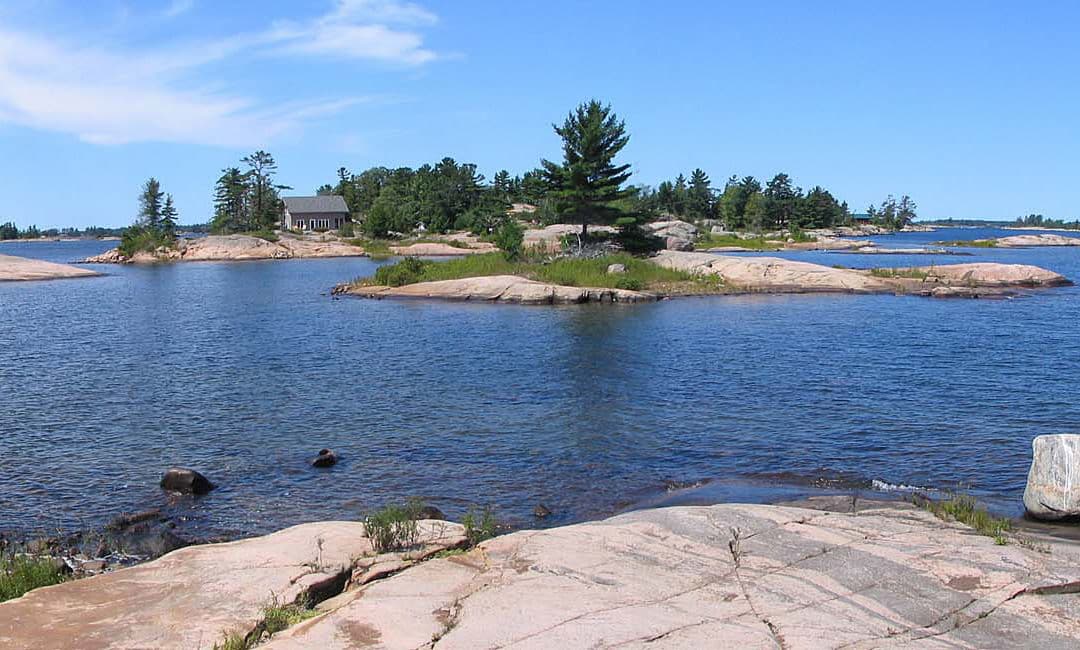
Climate change and the Great Lakes
Rising waters, shrinking habitats: the influence of fluctuating water levels on the geology and ecology of a Great Lakes archipelagoOverview: Global and regional environmental change has resulted in water-level changes in the world’s oceans and large lakes....
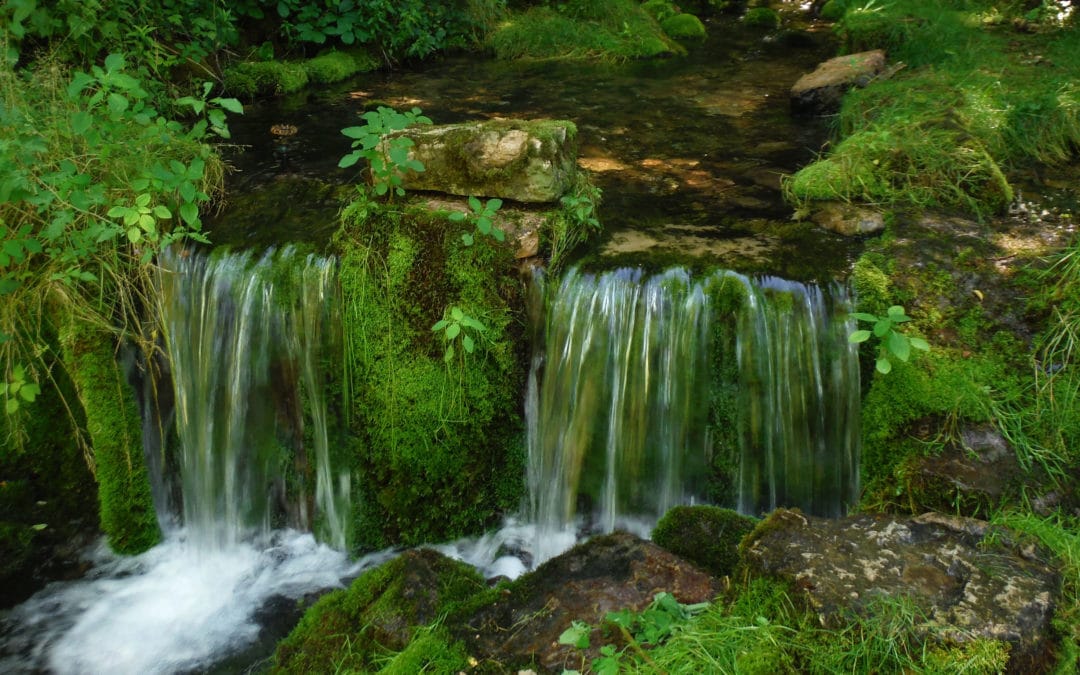
Wisconsin Freshwater Springs
Thermal imaging to characterize the spatial distribution of temperature in freshwater springs Overview: During the Wisconsin Springs Gateway project, we will explore how local variations in topography, surficial geology, and bedrock geology influence the spatial...
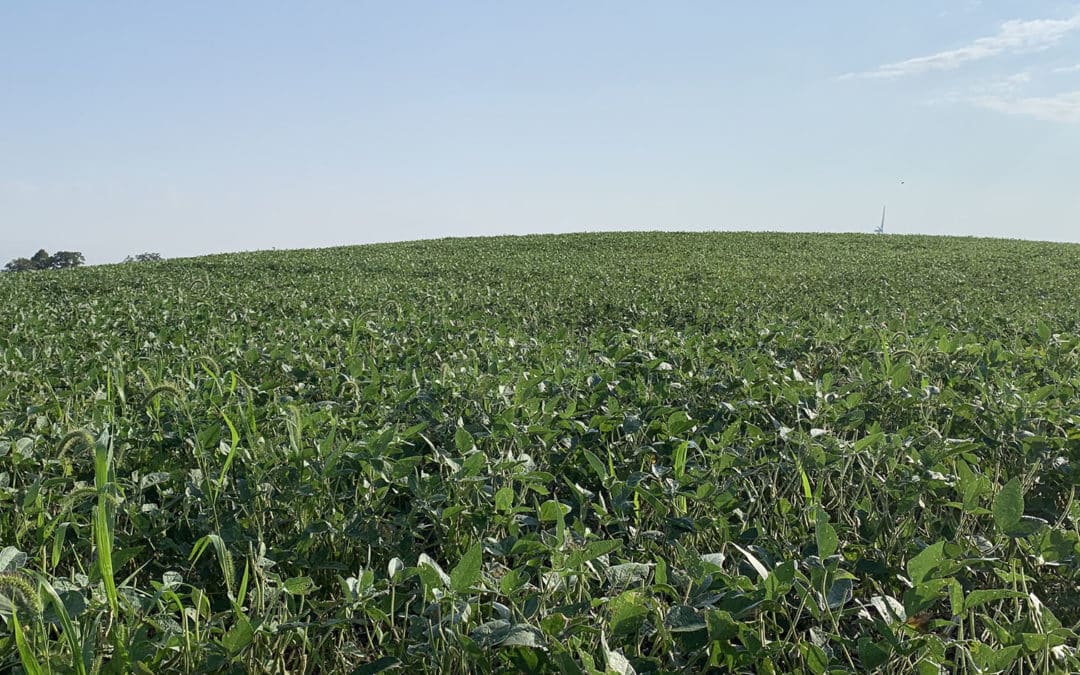
Carbon sequestration through enhanced weathering
Carbon sequestration by enhanced silicate weathering in agricultural soilsOverview: Amending agricultural soils with powdered silicate rocks (“rock dust”) is an emerging carbon dioxide (CO2) removal technology with reported co-benefits to farmers in the form of...
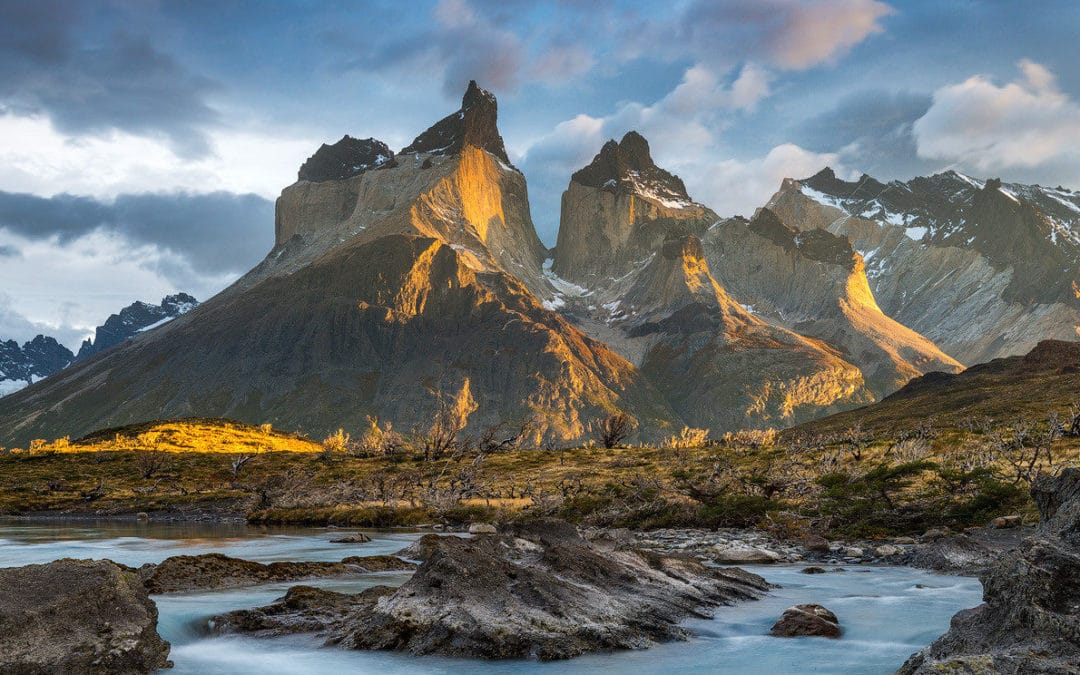
Evolution of ancient and modern mountain ranges
Using the geochemistry of sediments (and metasediments) as windows into the evolution of ancient and modern mountain rangesOverview: As plates subduct and continents collide, mountains are formed. There are many ways to study mountains; we will focus on the histories...
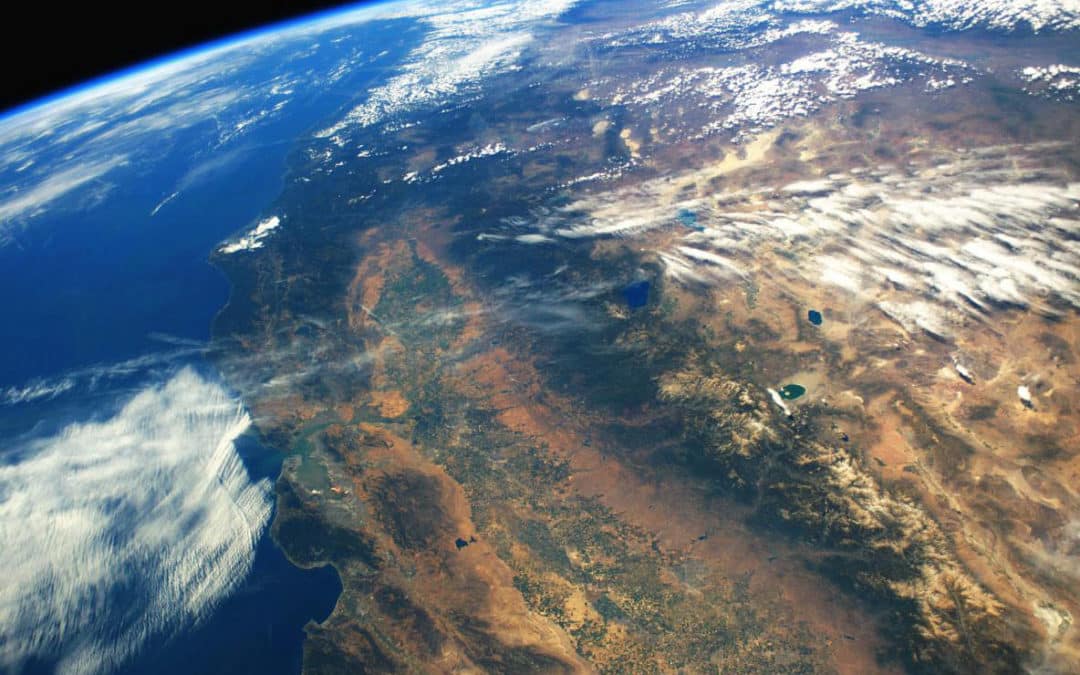
Groundwater in California’s Central Valley
Biogeochemical controls on natural and anthropogenic groundwater contaminants in California’s Central ValleyOverview: California’s Central Valley (Figure 1) is one of the most productive agricultural regions in the world. To support the agriculture industry,...
